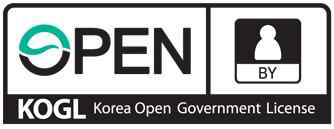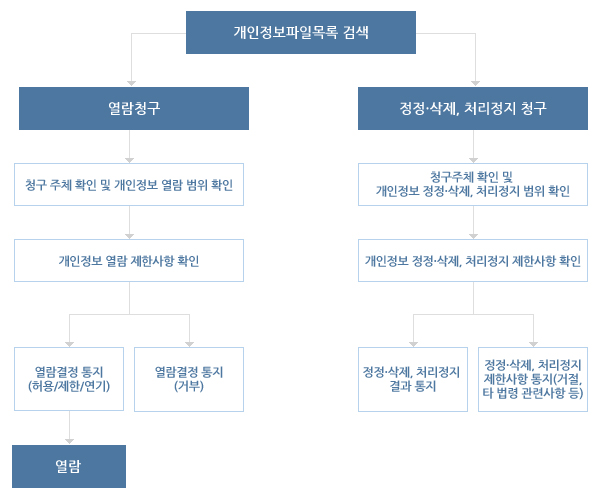In the Press
National Assembly passes bill requiring hospitals to report births of newborns
- Jul 06, 2023
- 1798
The revision to the Act on Registration of Family Relations came amid public outrage over shocking revelations that a woman in her 30s allegedly strangled her two babies to death shortly after their births in 2018 and 2019, respectively, and kept their bodies in a home refrigerator.
The case revealed a loophole in South Korea's baby registration system in which only parents are required to report the births of their children to the government within a month after their births, leaving open the possibility of abuse of unregistered babies.
The new legislation requires hospitals to notify local governments of baby information within 14 days after birth via the Health Insurance Review and Assessment Service (HIRAS). The bill unanimously passed the judiciary committee Thursday.
The revision will take effect one year after promulgation.
During Friday's plenary session, the National Assembly also passed a proposal to introduce an opposition-led pro-labor bill, nicknamed the "yellow envelope bill," directly to the plenary session for debates.
The motion passed in a 178-4 vote, with two votes declared invalid, after lawmakers from the ruling People Power Party (PPP) left the session en masse in protest of the motion and did not participate in the voting.
The revision of the Trade Union and Labor Relations Adjustment Act aims to restrict filing damage suits against striking workers. The bill had passed the labor committee in February but had since been pending at the judiciary committee chaired by the PPP for more than 90 days.
By law, a parliamentary committee can send a bill directly to a plenary session for debates and final approval with three-fifths support from its members if the judiciary committee takes no action for more than 60 days after taking over the bill.
During the session, the main opposition Democratic Party (DP), which holds majority control of the Assembly, meanwhile, railroaded a strongly-contested parliamentary resolution urging the government to file a complaint with the International Tribunal for the Law of the Sea over Japan's plan to release contaminated water from its crippled Fukushima nuclear power plant.
The resolution was passed in a 171-0 vote, with one abstention vote. Members of the PPP boycotted the vote en masse.
Earlier this week, opposition members of the parliamentary oceans and fisheries committee unilaterally passed the resolution after their counterparts from the ruling party left the committee meeting en masse in protest.
Yun Jae-ok, floor leader of the ruling party, strongly protested the resolution being put to a vote and declared an envisioned parliamentary hearing on the water discharge, which was previously agreed upon by rival parties, as being terminated.
Additionally, a motion to designate a special bill aimed at supporting victims of the Itaewon crowd crush as a "fast track" bill requiring expedited deliberations was passed 184-1. Members of the PPP again did not participate in the vote.
The session was attended by some of the bereaved family members of the crowd crush victims.
The DP also submitted a proposal to launch a parliamentary investigation against the state audit agency, claiming the agency has unduly targeted government officials appointed during the previous Moon Jae-in administration.
fairydust@yna.co.kr
(END)
[Photo] Lawmakers from the ruling People Power Party are seen leaving the National Assembly en masse before a vote on whether to introduce a contentious pro-labor bill, nicknamed the "yellow envelope bill," directly to a plenary session on June 30, 2023. (Yonhap)


